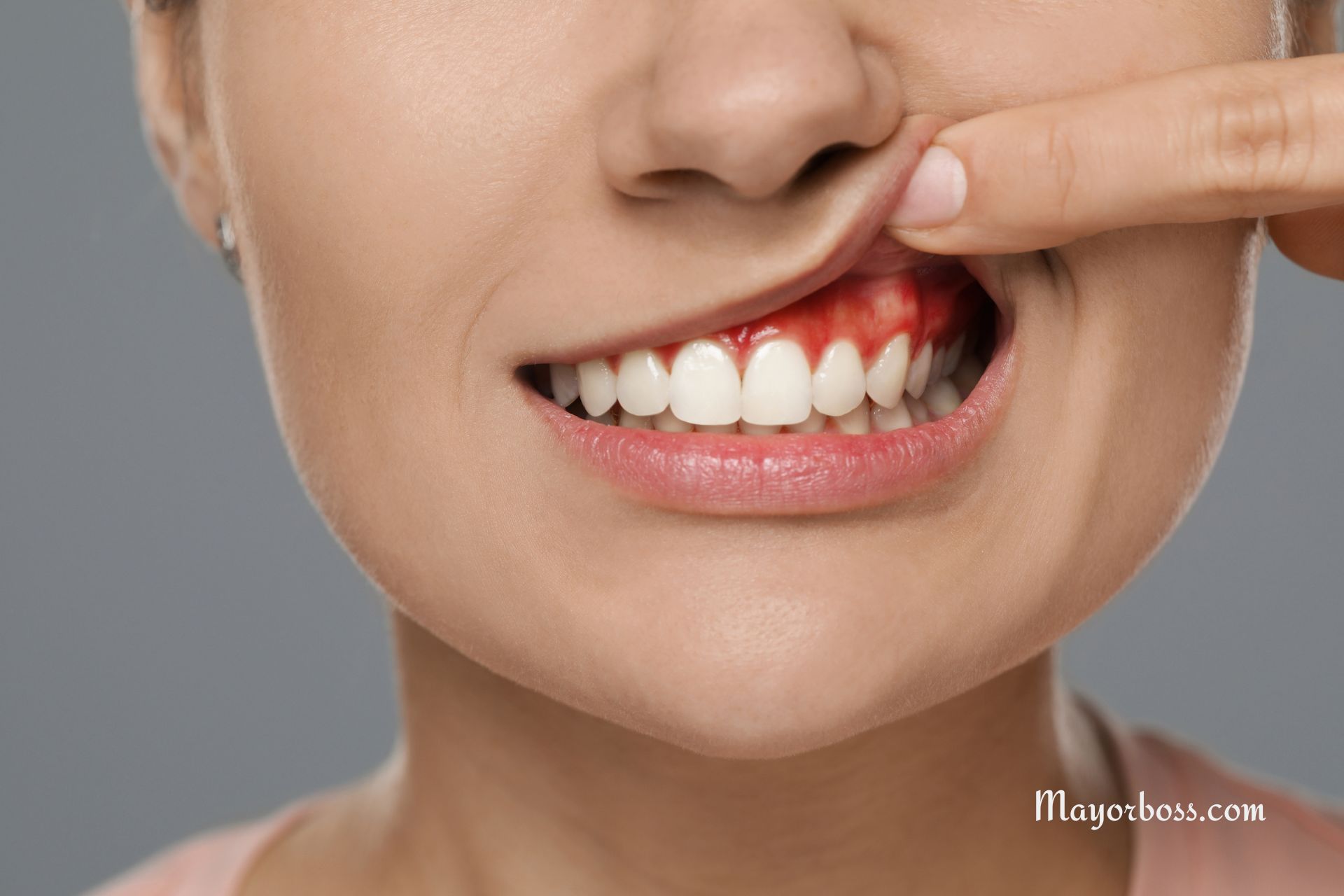Abscess: Types, Symptoms, Causes and Treatment
What Is an Abscess?
An abscess is a painful lump filled with pus that forms in the body due to an infection. It happens when the body’s immune system tries to fight germs like bacteria or fungi, causing redness, swelling, and pain. Abscesses can appear anywhere in the body and may become serious if not treated.
The body reacts to infections by sending white blood cells to the area. These cells kill the germs but also create pus, which is a thick fluid made of dead cells and bacteria. Sometimes, an abscess may burst on its own, but often, medical help is needed to treat it properly.

Types of Abscesses
Abscesses can happen in different parts of the body. Doctors classify them based on where they form and what causes them.
Skin Abscesses
Skin abscesses, or boils, develop when bacteria infect hair follicles or oil glands. They appear as red, swollen, and painful lumps filled with pus. Common causes include poor hygiene and small cuts or wounds. They usually happen in areas with a lot of sweat and friction, like the armpits, breasts, or groin.
Internal Abscesses
Internal abscesses form inside the body, such as in the liver, lungs, or brain. These require special tests, like scans, to diagnose. They are often caused by infections that spread from other parts of the body, such as the stomach or intestines.
Dental Abscesses
A dental abscess happens inside the tooth or gums when bacteria cause an infection. It can cause severe pain and swelling. Poor dental hygiene, cavities, or gum disease are common causes. If untreated, the infection can spread to other parts of the body.
Perianal Abscesses
Perianal abscesses form near the anus due to infections in small glands. They can cause pain, swelling, and pus drainage. People with conditions like Crohn’s disease or diabetes are more likely to get them.
Symptoms of Abscesses
The signs of an abscess depend on where it is, but common symptoms include:
- Swelling: A lump that feels warm and tender
- Redness: The skin around it may look red
- Pain: The area can be very sore
- Pus: A thick, smelly fluid may come out
- Fever and chills: This can mean the infection is spreading
- Fatigue: Feeling tired or unwell
- Swollen lymph nodes: These are small glands that may enlarge as the body fights the infection
If an abscess is inside the body, symptoms can include nausea, vomiting, and trouble with the affected organ.
Causes of Abscess Formation
Abscesses usually happen due to infections. Some common causes and risk factors include:
- Poor hygiene: Not keeping the skin clean can lead to infections
- Weak immune system: Conditions like diabetes or HIV make infections more likely
- Blocked glands: Trapped bacteria can cause abscesses
- Injuries or wounds: Cuts and scratches can get infected
- Dental problems: Not brushing or flossing well can lead to abscesses in the mouth
- Chronic health issues: Conditions like inflammatory bowel disease increase risk
- Foreign objects: Things like splinters under the skin can cause abscesses
Abscess Treatment
How an abscess is treated depends on how serious it is and where it’s located. Treatment options include:
Home Remedies
For small skin abscesses, using warm compresses several times a day can help bring the pus to the surface and drain it. Keeping the area clean is important to avoid further infection.
Medical Treatment
- Drainage: A doctor may need to cut open the abscess to remove pus and relieve pressure.
- Antibiotics: These help fight the infection, especially if it’s spreading.
- Pain relief: Over-the-counter medicine can help with discomfort.
- Surgery: Some internal abscesses may need surgery to remove the infected area.
- Hospital stay: Severe cases might require close monitoring and treatment with strong antibiotics.
Preventing Abscesses
You can lower your chances of getting an abscess by following these tips:
- Practice good hygiene: Wash your hands and skin regularly
- Treat wounds quickly: Clean cuts and cover them to avoid infection
- Take care of your teeth: Brush and floss daily to prevent dental abscesses
- Eat a healthy diet: A strong immune system helps fight infections
- Don’t share personal items: Things like razors and towels can spread bacteria
- Wear protective gear: Use proper clothing when working in risky environments
When to Seek Medical Help
You should see a doctor if:
- The abscess does not get better with home care
- It is very painful or getting bigger quickly
- You have a fever or feel very sick
- Abscesses keep coming back
- The lump becomes hard or changes color
- You have trouble moving the affected area
